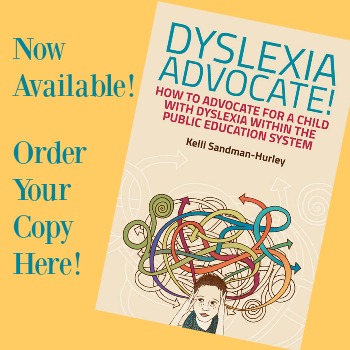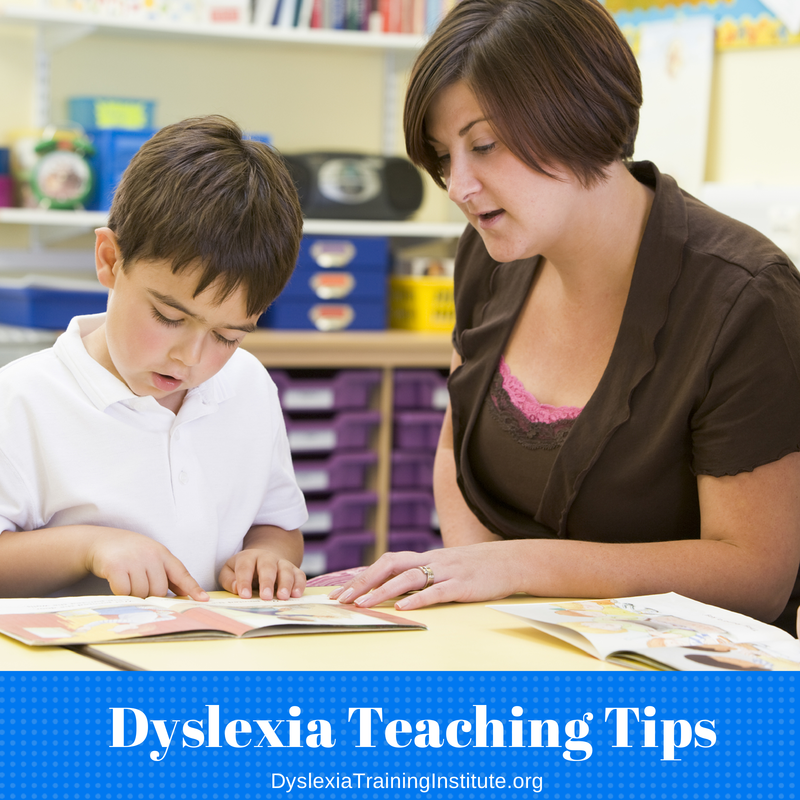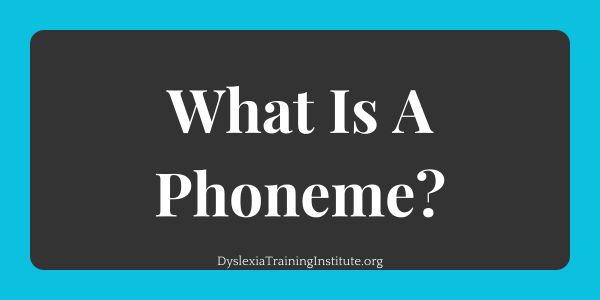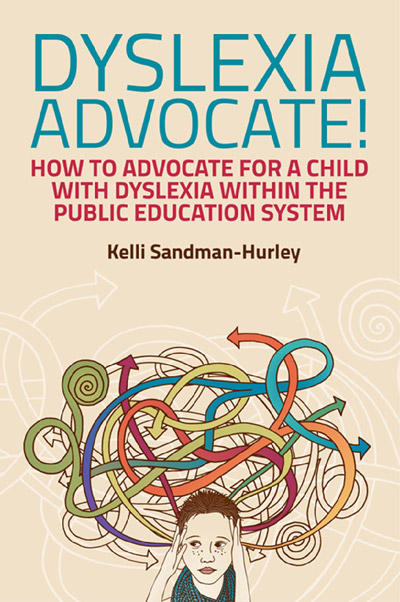Can you imagine going to the doctor and the doctor not asking you a single question about why you are there?
Imagine walking in the office and the doctor immediately starts to talk about how to take the medications but not what the medications are, why they are being prescribed or how they will help?
In this scenario, the patient is expected to comply without any understanding of why they are taking the medication. Then the doctor fails to give the patient a way to contact them if the medication isn’t working.

The patient continues to take the medication endlessly and begins to feel a little hopeless that their ailment will not improve and other patients will get angry and stop trusting medical professions and yet others will just stop trying.
There will be a lucky few who have healthcare advocates who will intervene and they will get the information and help they need.
But doctors don’t generally operate this way. They usually start the appointment by asking, “What brings you in today?”, even if they already have the information in their file. They go over the medication and any possible side effects. They go over lab reports. They provide both emergency and non-emergency contact information.
When I leave the doctor’s office, I usually feel heard, understood, and believe that I’ve had the opportunity to explain my reason for the visit and what to do if something goes wrong– usually.
Are Kids Different?
Why in the world do we assume that kids don’t need the same type of communication when they are pulled from their classrooms to meet in a classroom separate from their peers? Do we really assume that they don’t know something is wrong, even if they are in first grade? Do we really think they don’t know that they are not reading and spelling at the same level as their peers? Have we ever asked them?
I think they do. I have asked adults about their younger selves, and they do remember feeling powerless over their situations. They remember having no say in their intervention. In fact, no one ever explained to them what they were doing, no one ever took the time to build rapport before going through a scope and sequence, no one ever asked them how it was going, and never asked what was working and what wasn’t. Why?
Don’t we believe a child can tell us how school is going? Don’t we think they know if something is working or not? How do we teach them to be their own advocates when we don’t even ask them to articulate what is wrong or how they are feeling about their spelling and reading?
Knowledge is Power
We need to accept that teaching kids what dyslexia is very early on and helping them understand why they are getting extra help and why that help has to be in a different setting than their general education classroom is imperative to maintaining their self-esteem.
Labeling is not a bad thing, it often liberates the labelee from blaming themselves.
So, before you sit down with a new student, take a minute (or a week) to get to know that child before you start checking off the boxes of a scope and sequence. Ask them:
- How are you?
- Tell me about school.
- What is hard?
- What is easy?
- How do feel about being pulled out?
- What can I do to help you?
- What should I avoid when I work with you?
Then explain to them:
- This is what dyslexia is and what it is not.
- This is what we are going to learn together.
- This is why we are going to work on this together.
- This is how we are going to do it.
- Always let me know when I am going too fast or too slow.
- Always let me know when you don’t understand.
- Always let me know when you need a break.
Students need to know that you know what you are doing. Students with dyslexia know, pretty quickly, whether what the teacher is doing will work for them or even if the teacher understands dyslexia at all. They know all of these things but have not been provided the outlet, or the permission, to share that knowledge.
We have to begin to ask them to tell us about it and we cannot dismiss their answers – even when those answers may be a blow to our egos or our plans.
We need to make sure they feel heard and make sure they know that they have a voice in their educational journey. It’s their journey – not ours.






